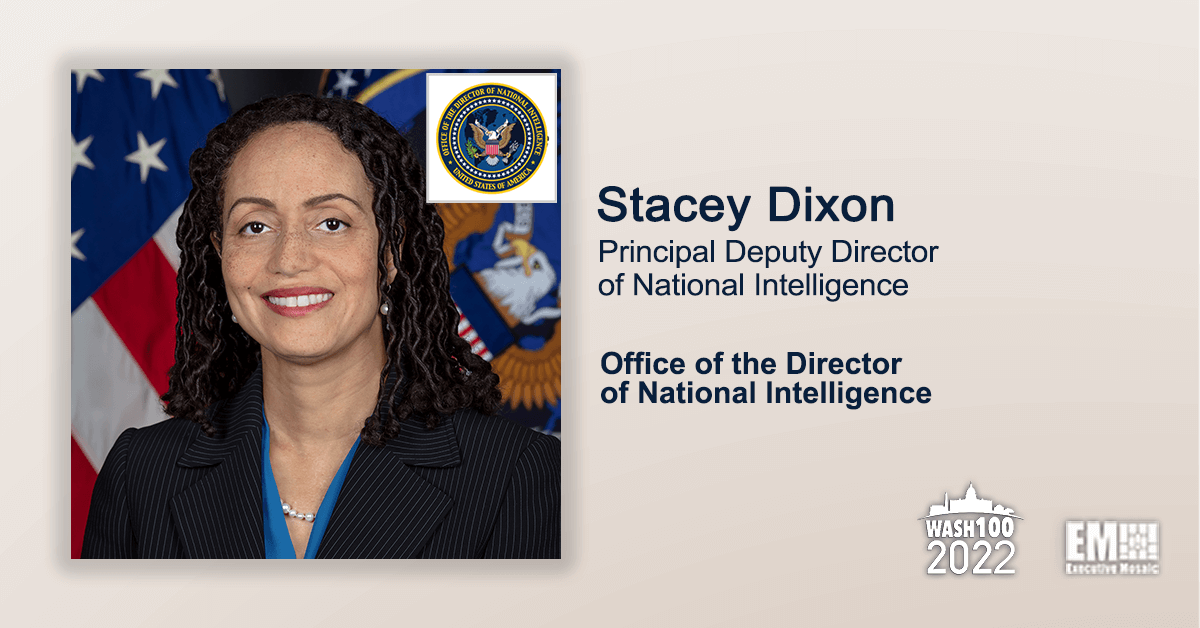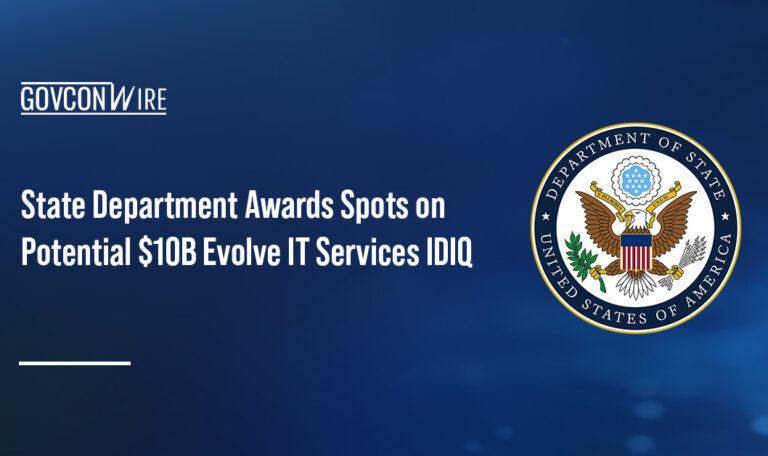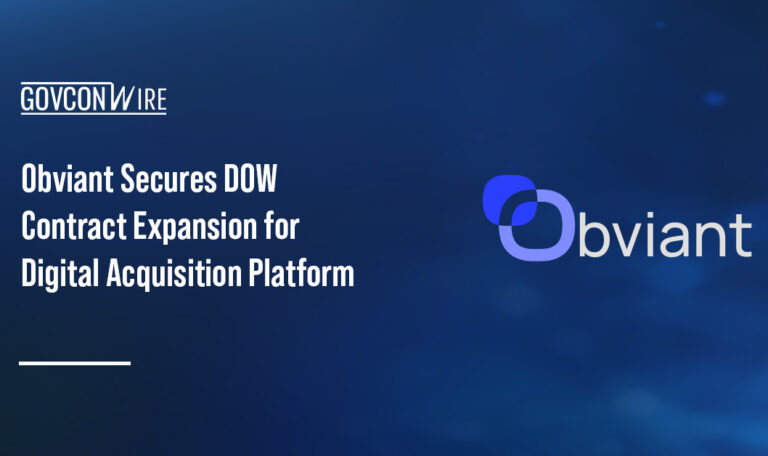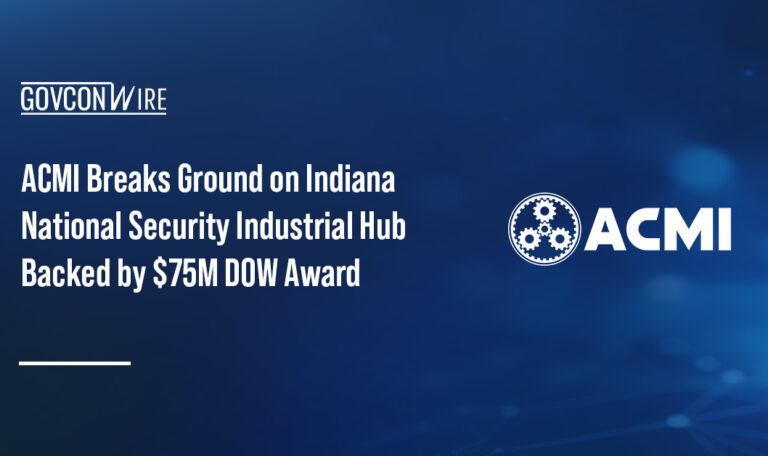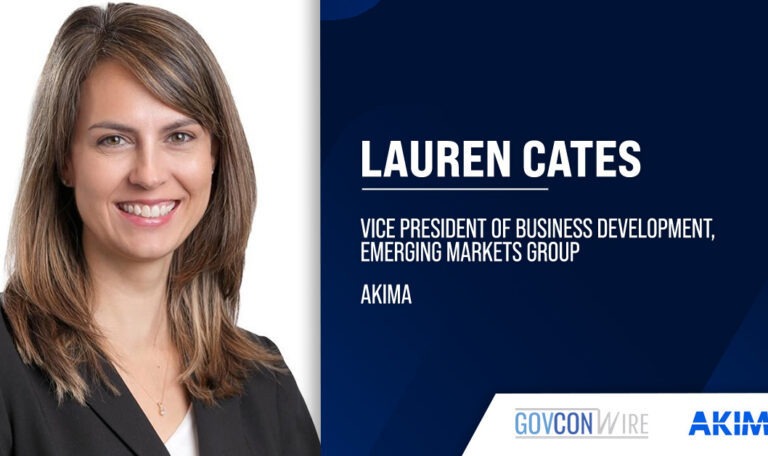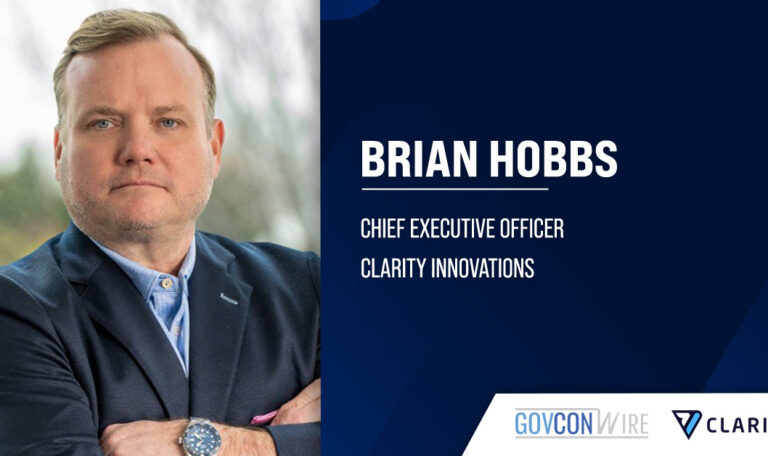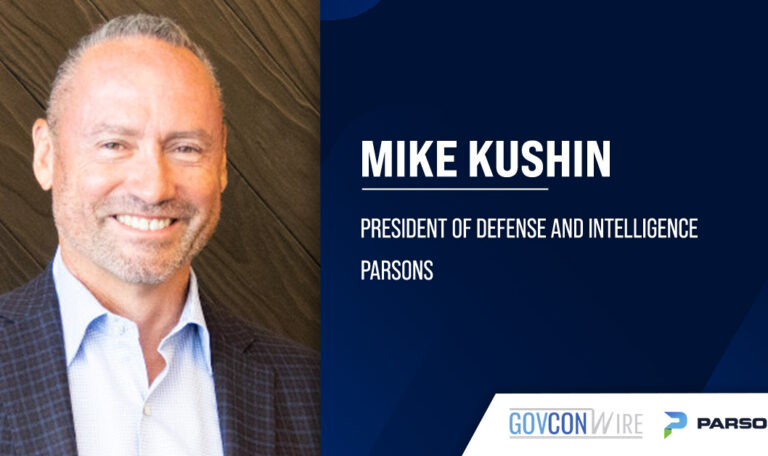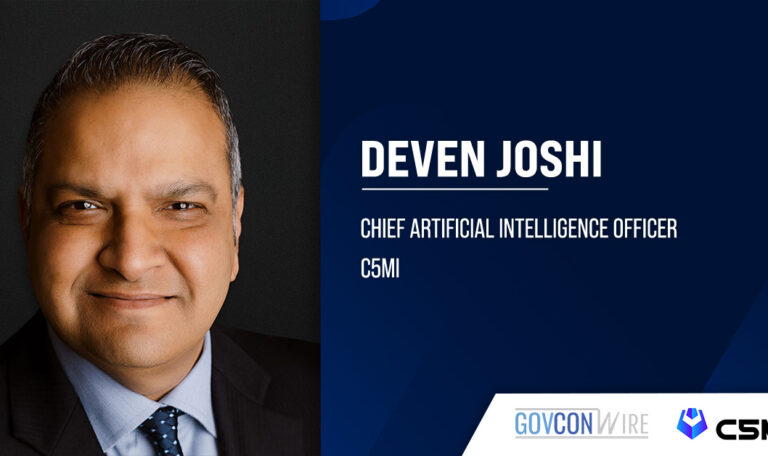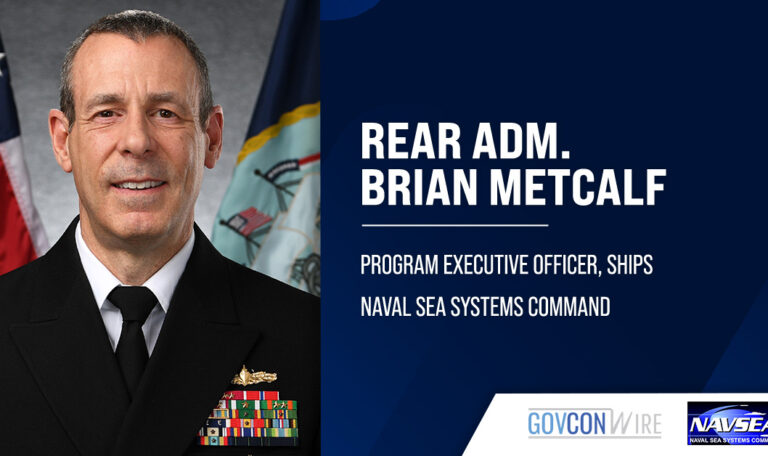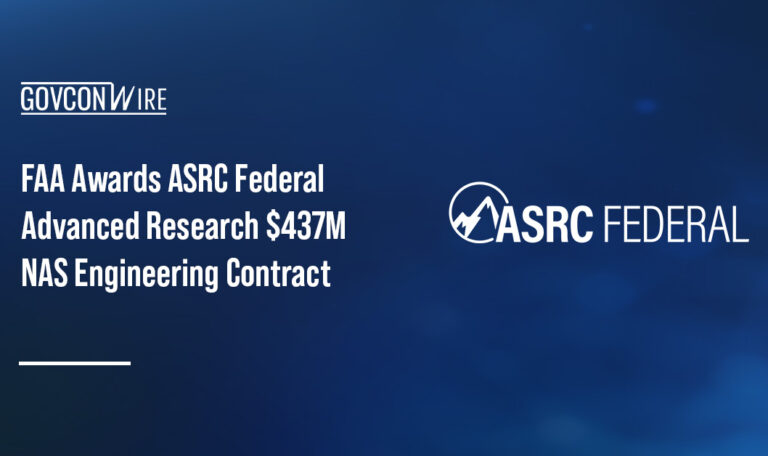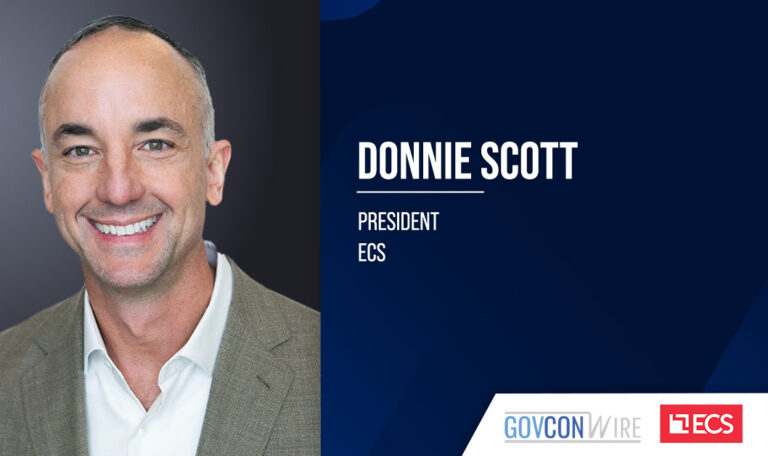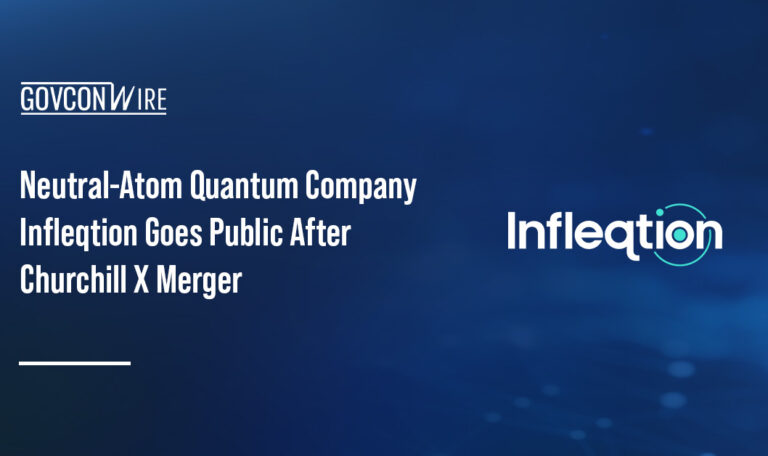The Intelligence Community’s acquisition processes — and ultimately, its ability to partner with industry — are known for being slowed down by bureaucratic hurdles, restrictions and stringent security requirements. Top officials say they have their hands around the problem, which is the first step towards improvement.
“Acquisition is the vital link that connects the energy, drive and innovative spirit of the competitive commercial marketplace to the needs of government, who can then use those capabilities to help keep our country safe,” Dr. Stacey Dixon, principal deputy director of national intelligence and a 2022 Wash100 Award recipient, said during her keynote speech Wednesday at GovCon Wire’s 2nd Annual IC Acquisition and Technology Innovation Summit.
“One of the barriers that we face in fully realizing the benefits of our private sector partnerships is the static procurement process,” she added.
The process creates unwelcome side effects like long timelines for entering into contracts; a slowed influx of mission-critical solutions; and sometimes, technologies that are delivered too long after a need is recognized and the capability is actually useful.
But merely acknowledging the procurement obstacles is not enough. In order to achieve real reform, Dixon said barriers must be identified “not in a general sense, but in specific, actionable ways.”
“I believe our efforts to improve where we begin not with a grand vision or a paradigm shift, but a strategy that recognizes the obstacles that are in place and the knowledge that in order to change, we must first walk before we can run,” Dr. Dixon shared.
One of the obstacles the Office of the Director of National Intelligence is tackling now is the speed of acquisition processes. ODNI is beginning to implement robotic process automation where it can to optimize acquisition programs, and the effort’s initial success has sparked a larger IC-wide adoption of RPA.
“RPA tools are being used now at ODNI and CIA to ease the contract closeout process and speed responsibility determinations,” mentioned Dr. Dixon. “Once these tools are implemented more broadly, it will speed up and encourage consistency for many repetitive automated tasks, alleviate the administrative burden on acquisition professionals, which is a huge step, and free them up for other more complex work.”
Another issue facing ODNI and the IC is data silos that impede information sharing between the agencies’ mission partners, vendors and industry collaborators.
To solve this, Dr. Dixon said, “We’re developing capabilities to share best practices in areas such as source selection, shared training solutions, as well as compiling centralized data repositories on previously negotiated terms and conditions, such as data rights and on the automation of common tasks.”
One of the agency’s teams is currently working on creating a clearinghouse construct to foster better sharing of tools, information and training across IC elements.
An important element of ODNI’s plan for lowering barriers to partnership with the private sector is the addition of secure environments available to commercial organizations. Because ODNI deals with a large amount of classified information, much of their work with industry must happen in sensitive compartmented information facilities, or SCIFs.
“There’s now dedicated unclassified space that can bring together industry, academia and government physically in one location to better collaborate on IC challenges,” commented Dr. Dixon. She also said ODNI is working to expand SCIF-available locations to better collaborate with companies that may have limited or no access to controlled access spaces.
In closing her keynote address, Dr. Dixon emphasized her agency’s understanding of the urgency behind acquisition reform.
“We at ODNI, in coordination with organizations across the entire IC, are not just acknowledging that we must do better when it comes to acquisition,” offered Dr. Dixon. “We’re taking steps to improve the process that is notorious for its inefficiency. Yesterday’s standards for procurement cannot stand the stress test of what we need today, and we are committed to improving them.”

To learn more about how federal agencies are modernizing the way they leverage data, join the Potomac Officers Club’s Reframing Cyber Posture Around Data Collection, Analysis, and Action Forum scheduled for May 24.
Ann Dunkin, chief information officer for the U.S. Department of Energy, is slated to keynote the forum. Register here.


